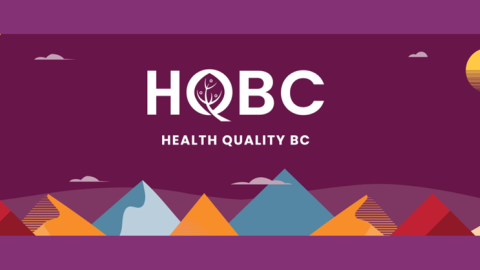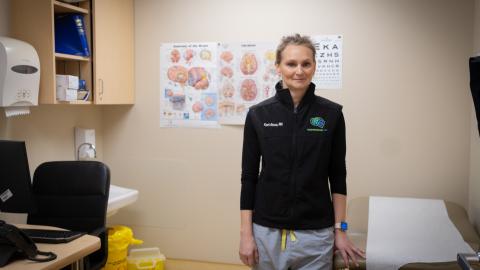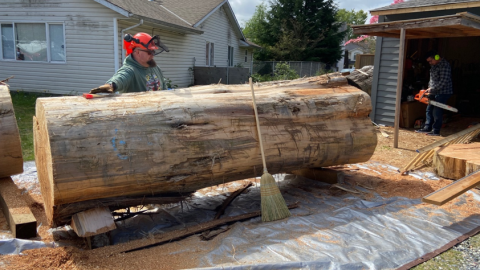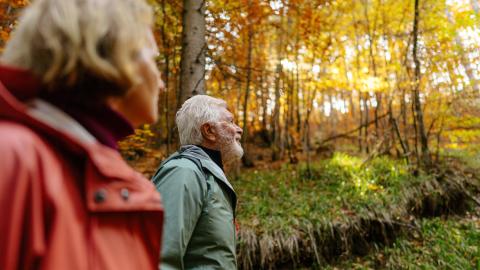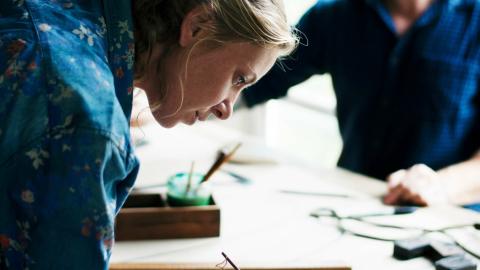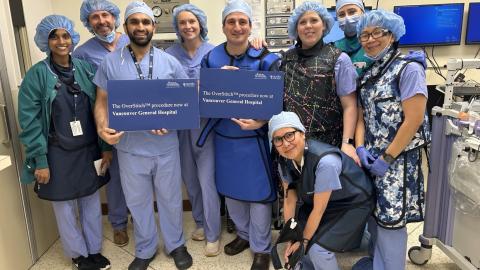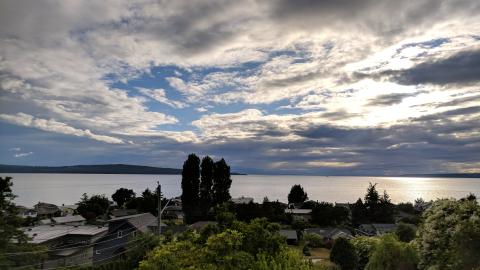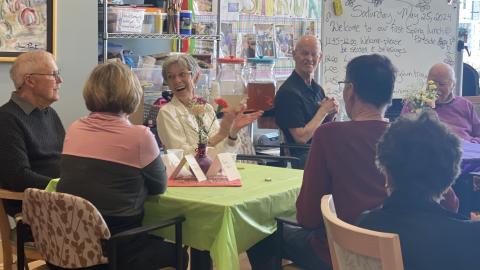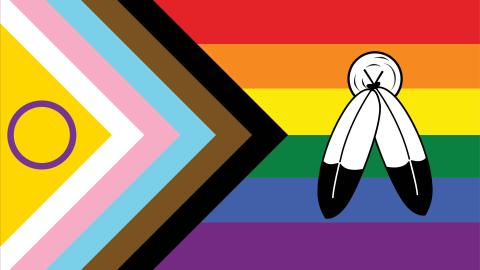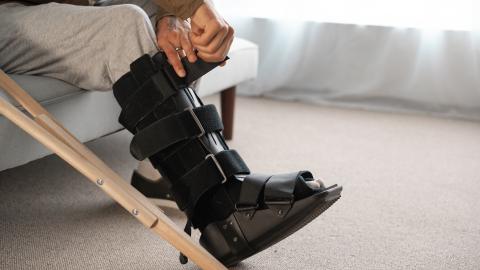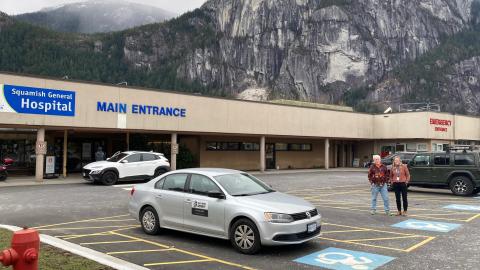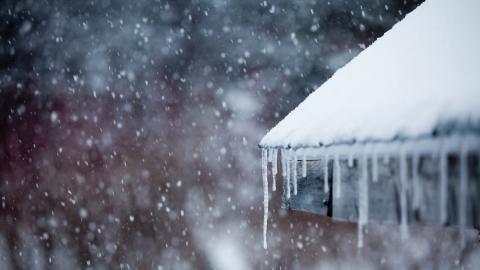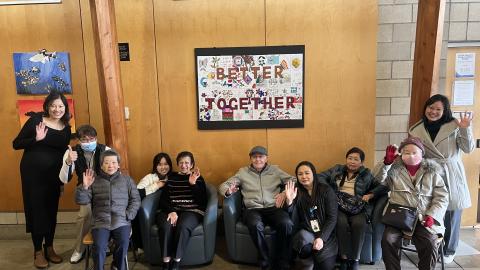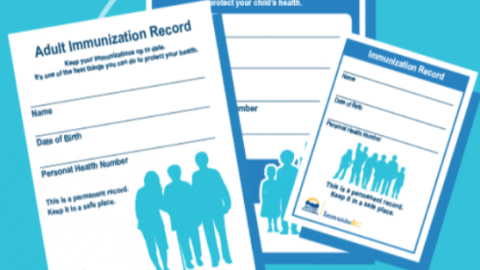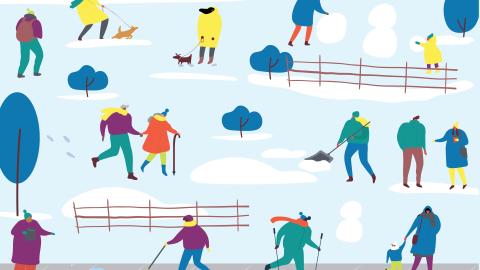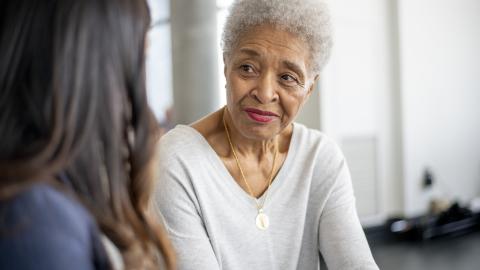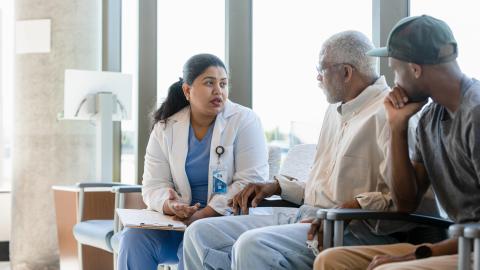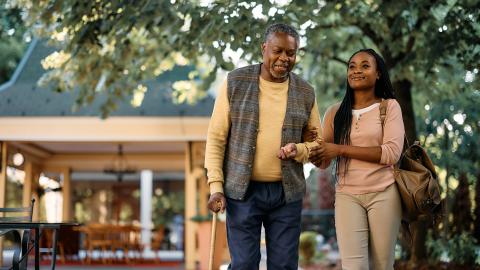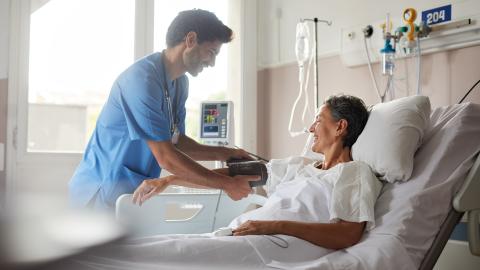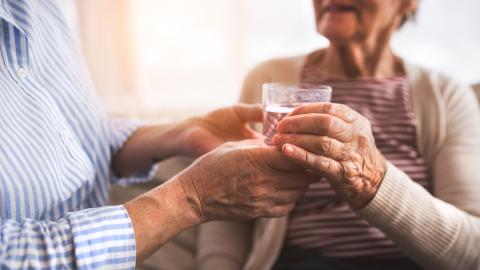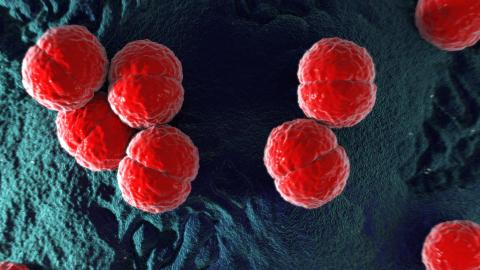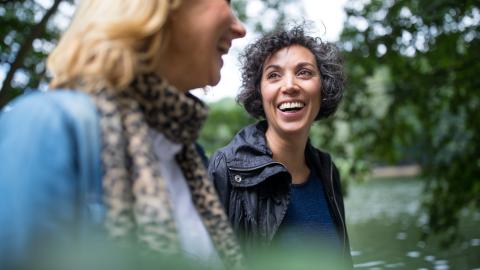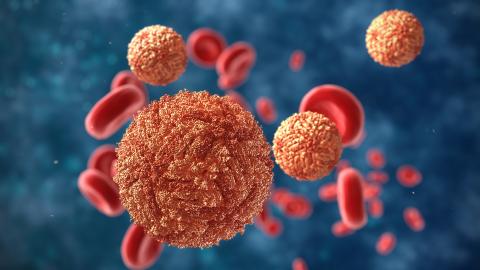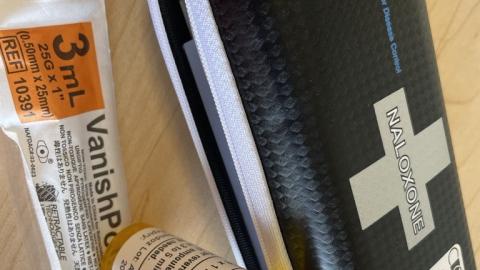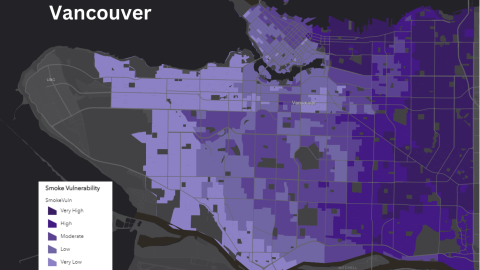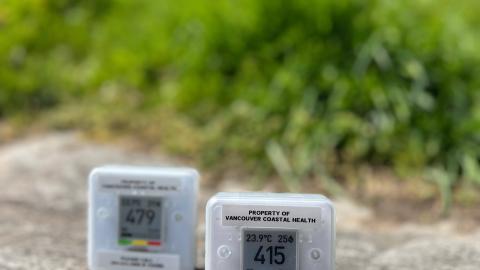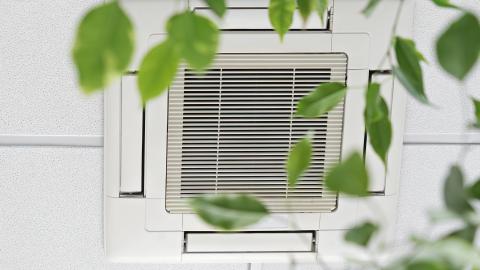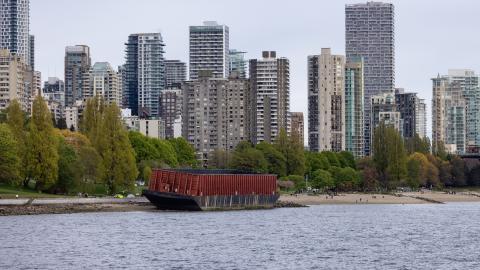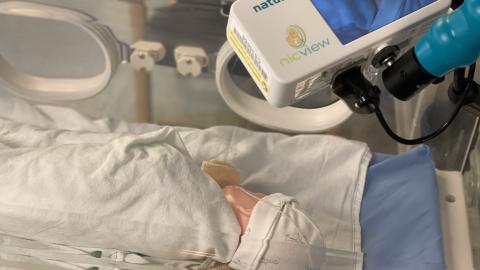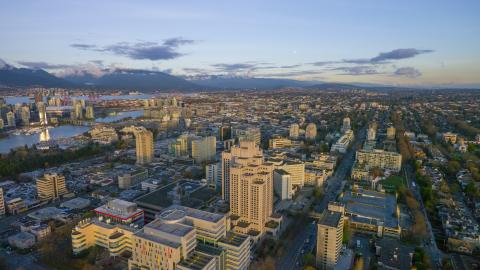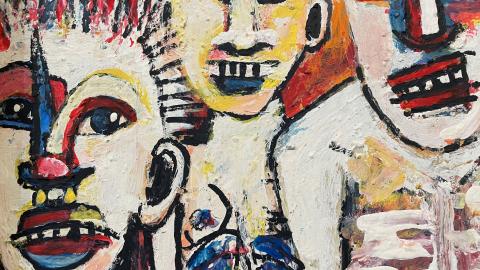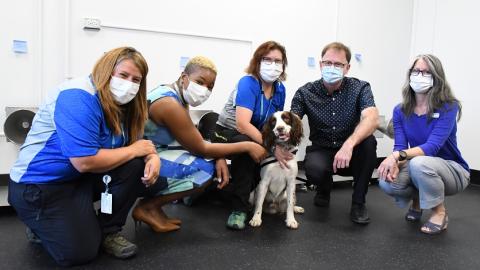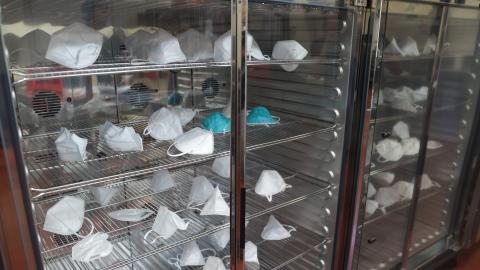Information bulletin
New mumps cases in Vancouver Coastal Health prompt call for immunization
Vancouver, BC – Young adults heading off to high school, college and university should ensure they’re protected against the mumps, public health officials advise, as the number of new cases continues to rise.
In the last month alone there have been 13 news cases of the mumps in the Vancouver Coastal Health region, which includes Whistler and Squamish . The patients range in age from 18 to 33, with the average age being 25. There have been 80 mumps cases in the VCH region since February 2017 compared to 86 for all of 2016. VCH recorded an average of 32 cases per year between 2011 and 2015.
“We continue to see mumps in increasing numbers, and these outbreaks will continue unless young adults between the ages of 23 and 47 receive two doses of vaccine so they are fully protected,” says Dr. Althea Hayden, Medical Health Officer, Vancouver Coastal Health.
Young adults living in shared spaces and those who have close contact with others in the same age group are more likely to contract the mumps. Mumps is spread by contact with saliva or mucus from the mouth, nose or throat of an infected person. When an infected person coughs or sneezes, the virus spreads through droplets in the air. You can be exposed to the virus even if you are two metres away from someone with mumps. Sharing food, drinks or cigarettes, or kissing someone who has the virus can also put you at risk. Earlier this year, several Vancouver Canucks players and staff contracted the highly contagious viral illness.
To be protected against mumps, you need to have:
- Two doses of mumps-containing vaccine if you were born after January 1, 1970
- One dose of vaccine if you were born between January 1, 1957 and December 31, 1969
If you were born before 1957 or have had mumps infection, you are considered protected.
Mumps vaccine is usually given as MMR (Measles, Mumps, Rubella). Since a second dose of MMR was not added to routine vaccination schedule in B.C. until 1996, many adults born between 1970 and 1995 are not fully protected. If you are not sure if you have complete protection, it is safe for you to receive another dose of MMR vaccine.
MMR vaccine is available for free from public health units, pharmacists, family doctors and most walk-in clinics.
Mumps is a viral illness causing fever and swelling of the salivary glands in the face, which are located below the jaw and ears and under the tongue. Not everyone infected with mumps will have salivary gland swelling. Complications can occur as a result of mumps infections including swelling of the testes in adult males and swelling of the ovaries in adult females, although sterility is a rare outcome. Rare complications include inflammation of the brain (meningitis) and deafness.
If you think you have mumps disease, stay home from work and social events. Contact your doctor before going to a clinic to avoid infecting other patients and office staff.
For more information about immunization, see ImmunizeBC. Your family physician, nurse practitioner, public health nurse, or HealthLink BC (8-1-1) can also help if you have questions.
VCH is responsible for the delivery of $3.3 billion in community, hospital and residential care to more than one million people in communities including Richmond, Vancouver, the North Shore, Sunshine Coast, Sea to Sky corridor, Powell River, Bella Bella and Bella Coola.
Contact
Carrie Stefanson
Public Affairs Officer
Vancouver Coastal Health
Office: (604) 708-5338
Mobile: (604) 312-1148
E: carrie.stefanson@vch.ca























